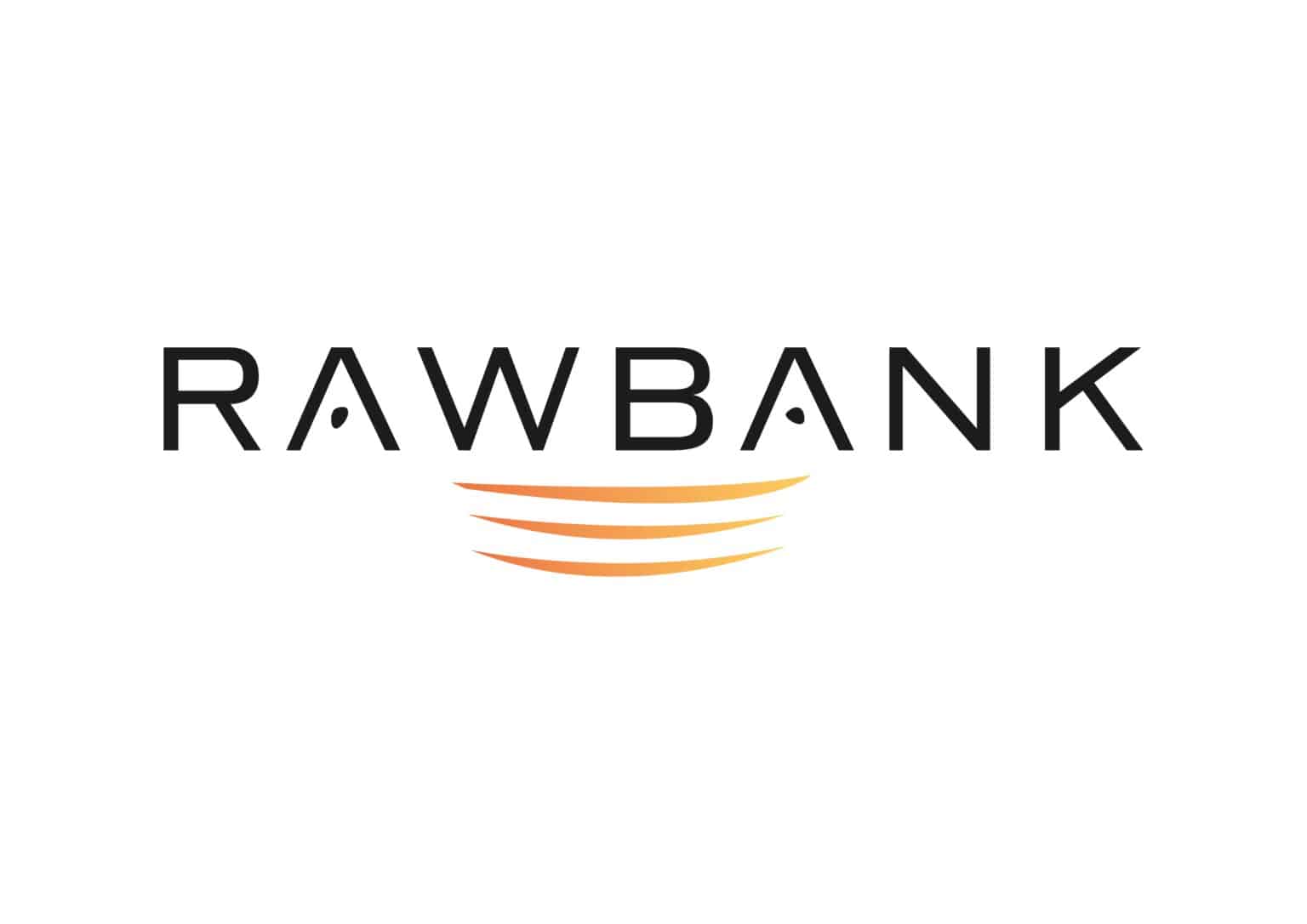Rawbank, the leading bank in the Democratic Republic of Congo (DRC), has made a historic $2 million investment in two cookstoves projects in partnership with global energy firm Vitol. This significant financial commitment aims to reduce carbon dioxide emissions by an estimated 6 million tonnes over the next decade. The announcement comes as COP29 opens in Baku, where multilateral development banks have reinforced their commitment to mobilising $120 billion annually in climate finance by 2030. Rawbank’s move highlights the growing role of private banks in supporting environmental sustainability and global climate goals, particularly in Africa.
The two cookstove projects, which are designed to reduce emissions and improve energy efficiency, are expected to have a significant positive impact on both the environment and local communities. These initiatives align with Rawbank’s broader efforts to position the DRC as a key player in the global climate finance market. As the country with some of the world’s largest tropical rainforests, the DRC plays a critical role in the global fight against climate change, absorbing approximately 1.5 billion tonnes of CO₂ annually.
Rawbank’s commitment to sustainability is underscored by its introduction of a pioneering governance model for climate finance in the DRC. In 2024, the bank launched the Carbon Advisory Committee, a group of experts in climatology, finance, and sustainable development tasked with overseeing projects and ensuring they meet the highest international standards. The committee works in tandem with the bank’s Climate Finance Desk, launched in 2023, which aims to facilitate access to international climate financing for local ecological projects.
Mustafa Rawji, Managing Director of Rawbank, expressed the bank’s vision, saying: “The aim of launching our Climate Finance Desk a year ago was to position the DRC as a key player in climate finance. Today, this historic financing proves that a commercial bank in the DRC can play a decisive role in the voluntary carbon market, estimated to be worth $2 billion globally. This is a significant step forward in our ability to mobilise resources for impactful environmental projects and to shape the future of sustainable finance in our country.”
Thibaut Deckers, Head of the Climate Finance Desk at Rawbank, added: “This first carbon financing is a milestone, demonstrating our ability to manage the risks specific to projects in the DRC. Our in-depth knowledge of the region enables us to support local developers and contribute to sustainable solutions.”
The DRC’s role in global climate regulation is crucial, as its vast forests help absorb vast quantities of CO₂. Rawbank’s collaboration with Vitol comes at a critical time, as global leaders gather at COP29 to discuss strengthened financial commitments to support climate action. The goal is to surpass the previous target of $100 billion in annual climate finance, marking a pivotal moment in the global effort to combat climate change.
Through this investment and its continued support for climate initiatives, Rawbank is demonstrating how private financial institutions can play a key role in addressing global environmental challenges and advancing sustainable development in Africa.




